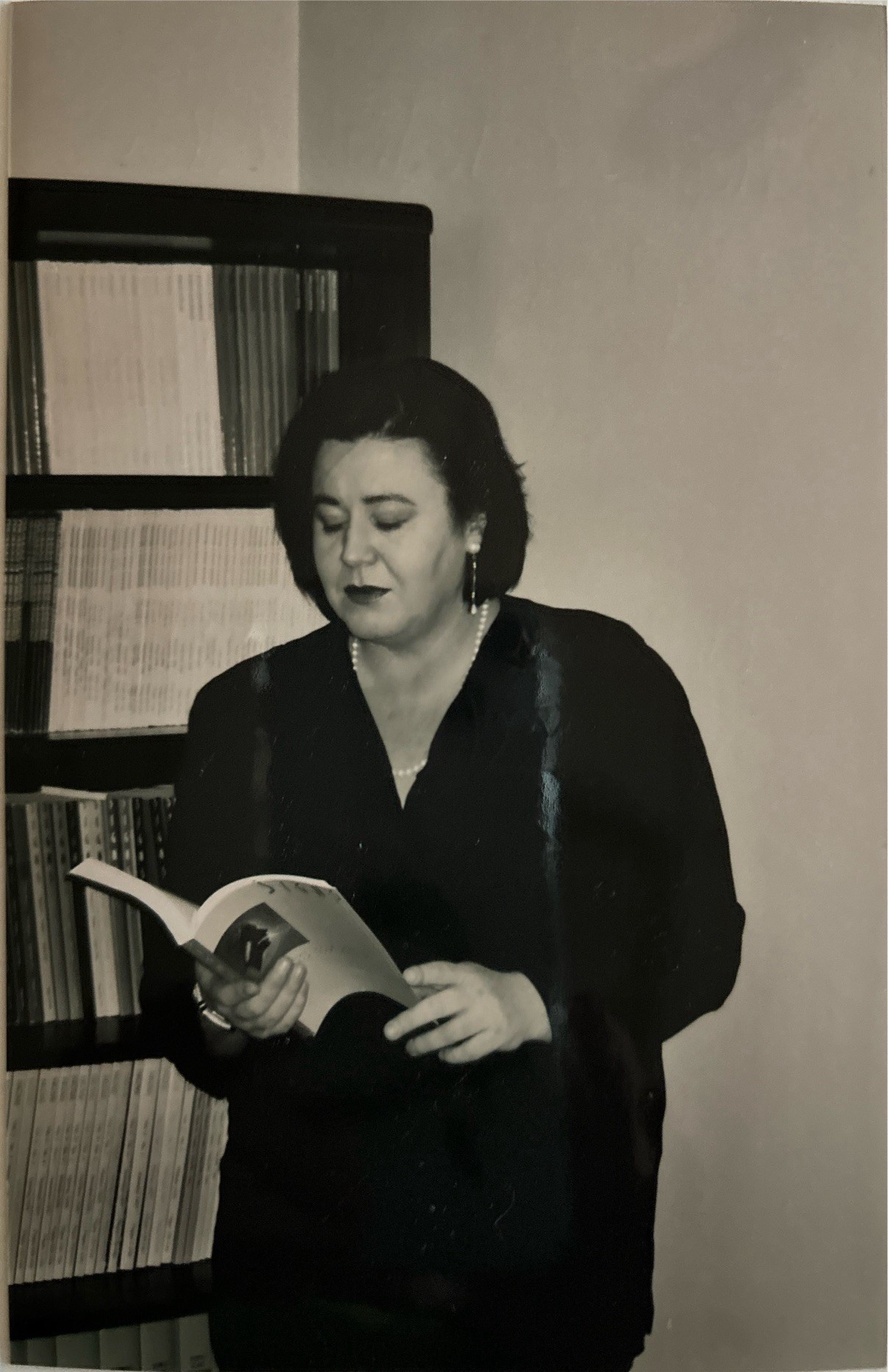Applications Currently Closed
We are not admitting students through this cluster for Fall 2025, although the History Department is happy to consider applications from potential students interested in Gender and Sexuality through the general admissions stream. Read on to find out the history of the cluster, which history department faculty work on these topics, and learn about related activities that are continuing in the department and at IU Bloomington.
Mission Statement of the PhD Cluster in Gender and Biopolitics
Articulations of gender norms and relations are a core aspect of human interaction; they have been imbricated with politics since antiquity. The flourishing of gender history and the theoretical frameworks of biopolitics over the past three decades have provided a rich archive of scholarship and offer a set of epistemic challenges to how we understand change over time, revealing how context shapes gender norms, as well as how gender norms shape power relations. While once concerned to discover marginalized communities and render them visible, gender history has moved on to interrogate how gender formations and regimes intersect with other social and cultural structures, such as race, religion, class, ethnicity, and sexuality. Able-bodiedness and disability have also become a focus of historical research, with bodies and embodiment theorized even more fully in all their aspects, including gender. In the emerging framework of the Anthropocene, gender figures as an increasingly prominent category of analysis for historical research, bringing into focus environmental changes in the nonhuman world. Our department has expertise that converges in a new curricular cluster designed to prepare graduate students to develop their own intersectional analyses of gender and biopolitics in multiple places across the globe, from the early modern period to the present.
Gender history offers a framework for understanding the connections underlying contemporary political debates and the kind of policies they produce, and it has mobilized generations of scholars and activists to interrogate the past for the purpose of laying bare and challenging inequities in the present. The relevance of gender history in the present can be seen in relation to the number of academic positions—tenure-track at Research 1 universities, research grants, postdoctoral fellowships, teaching positions as liberal arts colleges—that continue to appear in a landscape of diminishing prospects for many other fields of historical inquiry.
Biopolitics as a concept has also become richly articulated in historical literature since its introduction as a theoretical framework by Michel Foucault in 1976. Members of this cluster team deploy variegated understandings and uses of biopolitics in scrutiny of gendered power relations through the disciplining of bodies. Collectively, our scholarly record embraces topics pertinent to studies of gender and biopolitics. Faculty publications include works on eugenics; medicine and politics; care and social reproduction; gender and collective memory; sex work; war and gender; racism in the film industry; feminist theory and politics; sexology and sex research; sex and criminalization; gender and citizenship; gender and land policy. These scholarly formations have challenged “gender blind” epistemologies and historiographies, greatly enhancing the complexity of our understanding of the past.
History Department Faculty Working on Related Topics
Maria Bucur (eugenics/disability/Eastern Europe/work/citizenship/19th and 20th centuries)
Sara Gregg (environment/agriculture/land policy/19th and 20th century North America)
Clare Griffin (wounds/medicine/disability/military/Russian Empire/global history/early modern)
Ben Irvin (early American history/disability/masculinity)
Lara Kriegel (war/culture/empire/memory/literature/Britain/18th-21st century)
Julia Roos (race/children/eugenics/Central and Western Europe/19th and 20th centuries)
Life Energies: A Reading Group dedicated to exploring gender and biopolitics
This is an ongoing monthly reading group devoted to the topic of gender and biopolitics. Please contact Clare Griffin clgriff@iu.edu if you want to receive the readings. All are welcome.
In Memoriam
This cluster was co-founded by our wonderful colleague Judith Allen, who unexpectedly and sadly passed away in July 2024. Gone but absolutely unforgettable.


 The College of Arts + Sciences
The College of Arts + Sciences